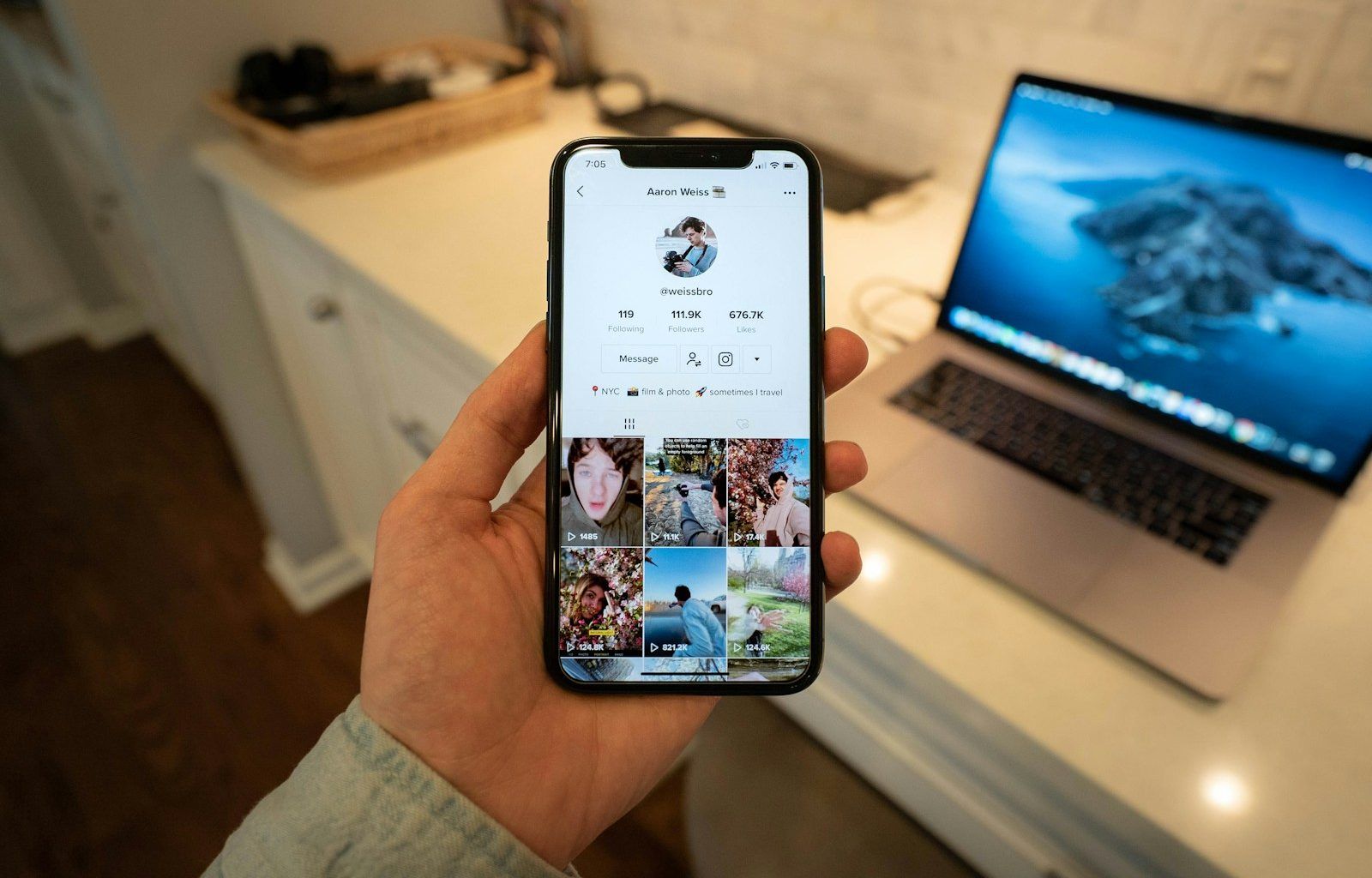In today’s digital world, social media apps are everywhere, and TikTok has become one of the most popular platforms out there. But with its rise in popularity comes an important question that’s on everyone’s mind: Can TikTok track you? Let’s explore this in simple terms and figure out what’s really going on.
What Does “Tracking” Even Mean?
When we talk about tracking, we’re usually referring to the way apps collect and use information about you. This could mean anything from keeping tabs on the videos you watch, to understanding your location, to knowing what kind of phone you use. Apps like TikTok track users to improve their services, show targeted ads, and keep you engaged.
But how does TikTok do it? Is it any different from other social media platforms? Let’s dive deeper.
How TikTok Collects Your Information
When you sign up for TikTok, you provide some basic details like your email address, phone number, and birthday. But that’s just the beginning. TikTok also tracks:
- Your Device Information: TikTok can identify what type of phone you have, your operating system, and even your mobile network.
- Your Location: Using GPS, IP addresses, and other methods, TikTok can figure out where you are.
While this might sound alarming, it’s not unique to TikTok. Almost all social media apps collect similar data.
Why Does TikTok Track You?
Understanding why TikTok tracks you can make the process feel a bit less mysterious. The main reasons include:
- Personalized Content: TikTok’s famous For You page is built on algorithms that rely on tracking. By analyzing your interactions, TikTok shows you videos it thinks you’ll enjoy.
- Targeted Advertising: Like many apps, TikTok makes money by showing ads. Knowing your preferences helps them display ads that are more relevant to you.
- Improving the App: Tracking data helps TikTok understand what works and what doesn’t, allowing them to make updates and fix bugs.
Is TikTok’s Tracking Different?
You might wonder if TikTok tracks you differently compared to other platforms like Instagram or Facebook. The truth is, it’s not that different. However, TikTok has faced scrutiny due to its ties to China, raising concerns about how data is stored and shared.
TikTok’s parent company, ByteDance, is based in China. This has led some to worry that user data might be accessible to the Chinese government. TikTok denies these claims, saying that U.S. user data is stored in the United States and Singapore, with strict access controls.
How to Limit TikTok’s Tracking
If you’re uncomfortable with the idea of TikTok tracking you, there are steps you can take to minimize it:
- Adjust Privacy Settings: TikTok’s privacy settings allow you to control what data is collected. For instance, you can disable personalized ads.
- Limit App Permissions: Be cautious about granting TikTok access to your location, contacts, or camera.
- Use a VPN: A virtual private network (VPN) can help mask your IP address, making it harder for TikTok to track your location.
- Log Out or Use a Secondary Account: If you want to browse TikTok without being tracked, you can log out or use a secondary account with minimal personal information.
What Does TikTok Say About Tracking?
TikTok is upfront about its data collection practices in its privacy policy. They state that the information is used to improve user experience and for advertising purposes. However, critics argue that these policies can be vague, leaving room for interpretation.
The Bigger Picture: Are All Apps Tracking You?
Here’s the thing—it’s not just TikTok. Almost every app you use is tracking you in some way. Facebook, Instagram, YouTube, and even simple weather apps collect data about your activities. The difference lies in how transparent they are about it and what they do with the information.
Final Thoughts: Should You Be Worried?
So, can TikTok track you? Yes, but so can many other apps. The key is understanding what’s being tracked and taking steps to protect your privacy if that’s a concern. TikTok’s tracking methods aren’t necessarily worse than other platforms, but its ties to China have sparked more debate.
Ultimately, the decision to use TikTok comes down to how comfortable you are with its data practices. By being informed and proactive, you can enjoy the app while keeping your privacy in check.
For further reading, explore these related articles:
- Bruno Mars “Leave the Door Open” Lyrics – A Romantic Song That Touches the Heart
- Lia from ITZY: The Amazing Journey of a K-Pop Star
For additional resources on music marketing and distribution, visit DMT Records Pvt. Ltd..






